The commercial construction sector has warmly embraced cross-laminated timber (CLT) in recent years, taking advantage of it as the base structure, but also as a design feature. The assembly of smaller wood parts to create massive assemblies offers a new type of structure (for floors, walls and roofs), with significant advantages over steel or concrete options.
There are two products in that general family that have attracted our attention, as they enable longer spans than the traditional CLT, while requiring less wood:
- Mass plywood panels that use wood veneers instead of solid wood
- Dowel laminated timber that use no glues, resin or fasteners
If that second one seems contradictory, the true definition of 'laminated' is close to 'assembled', though in construction most people assume that to mean it will include adhesives. Just pointing that out for the eagle-eyed readers :)
1. Mass Plywood Panels (MPP):
Developed by Freres Lumber, a manufacturing company established in Oregon since 1922, in partnership with Oregon State University College of Forestry and the new Center for Advanced Wood Products, MPP is new to North America.
Advantages:
- They enable the use of smaller diameter trees rather than older and larger trees
- They offer the same structural and aesthetic characteristics as CLT, but with 20 to 30% less wood
- Window and door openings are made during manufacturing which means less waste and labour on site
- Lighter materials (20 to 30% less wood) reduces transportation costs over CLT and other structural materials
- Excellent resistance to fire.
According to Freres Lumber, MPPs have the potential to transform the construction industry and make greater use of wood as supporting structures because residential and commercial buildings can be built a at more affordable prices (faster construction, less labour required).
Disadvantages:
- Urea-formaldehyde resin is used as a bonding agent. Emissions should be low in the final product (even meeting LEED v4 air quality standards) but test results have so far not been made available, so we temporarily hold our recommendation and will update this page when that information is obtained.
- They require more glue than CLT, so by weight the lifecycle footprint is less appealing than CLT
These products are supposed to be available by the end of 2017 and we will update this story when it appears on the market, as well as when any more technical information is offered.

2. Dowel Laminated Timber (DLT):
Dowel Laminated Timber is a structural material that is fabricated using wooden dowels only, and require no glues, resins, nails or metal fasteners.
DLT originated in Switzerland, where it is known as Dübeldolz. This solid wood product uses hardwood pegs to assemble wooden boards oriented in the same direction. The panel is particularly effective for horizontal spans and allows greater architectural flexibility as it can be used for walls, floors and roof structures.

Advantages:
- The absence of metal parts makes assembly faster and easier
- Panels can pre-integrate acoustic materials, electrical conduits and openings
- The design allows for an unlimited number of panel profiles, making it endlessly versatile
- No adhesives or toxic materials means there are no negative health impacts and finishing can be done in the factory
- Panels can be as long as 60 feet
- Less expensive than conventional CLT due to its speed of production and efficiency (10 to 20% more efficient than the CLT)
- Excellent resistance to fire.
Disadvantages:
- A significant change in humidity may cause greater movement than with CLT panels
- The fibers are all oriented in the same direction, so the panels do not have the same shear strength as CLT products.
Guardian Structures in Ontario has been offering DLT panels since 2016, and Structure Craft - located in British Columbia - will open the doors to the first large-scale DLT construction facility in North America in August 2017.
 |
|
DLT Dowel Laminated Panel © structurecraft.com |
Resources and suppliers:
- Candace Pearson of Building Green on Mass Timber Panels
- Oregon-based Freres Lumber website
- Ontario-based Guardian Structures
- British Columbia-based Structure Craft
- Rethink Wood - A North American softwood lumber association


















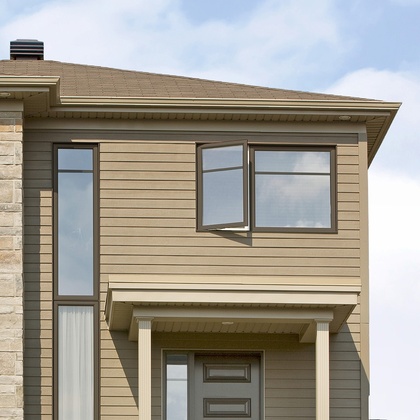





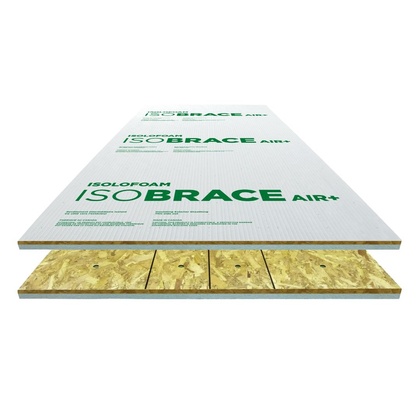





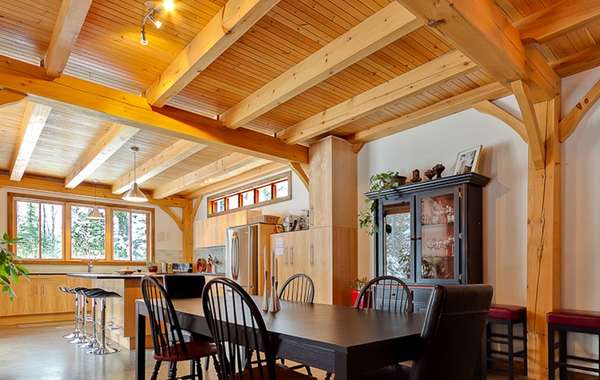
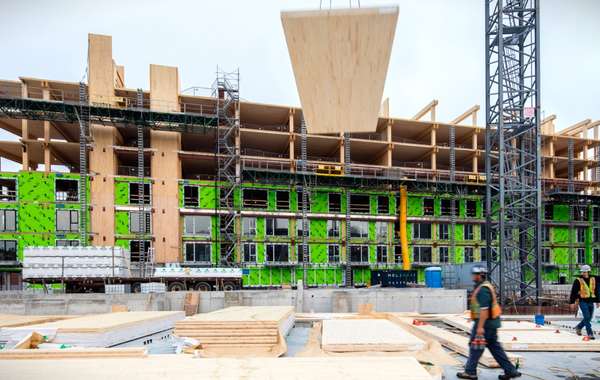
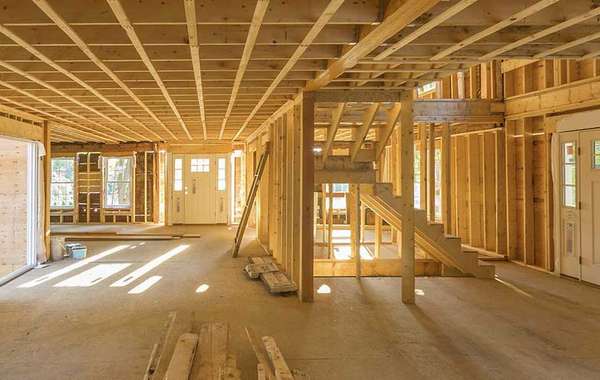
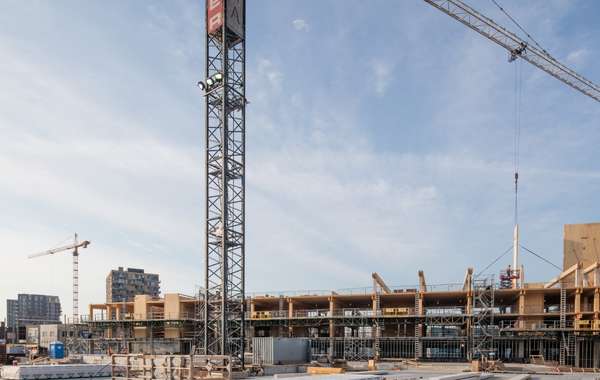
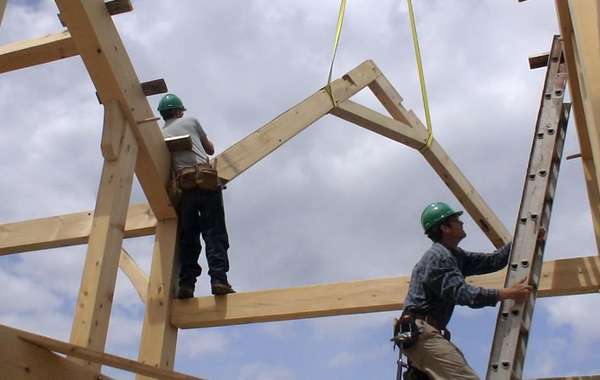
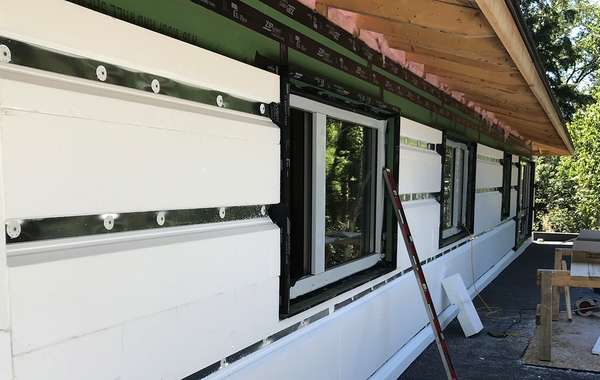
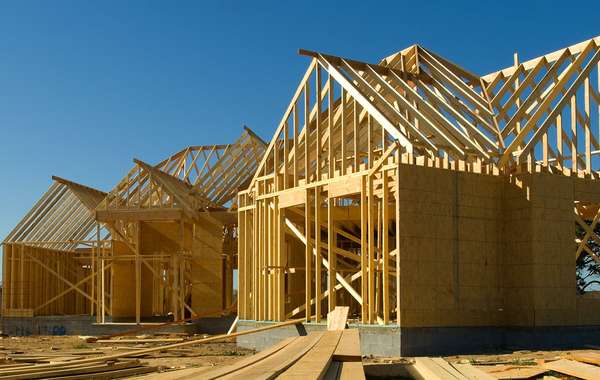
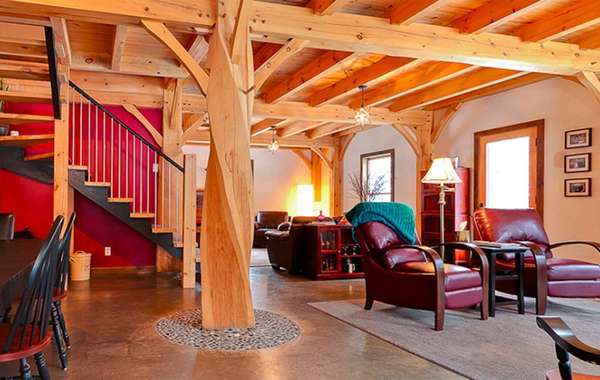


Comments (0)
Sign Up to Comment